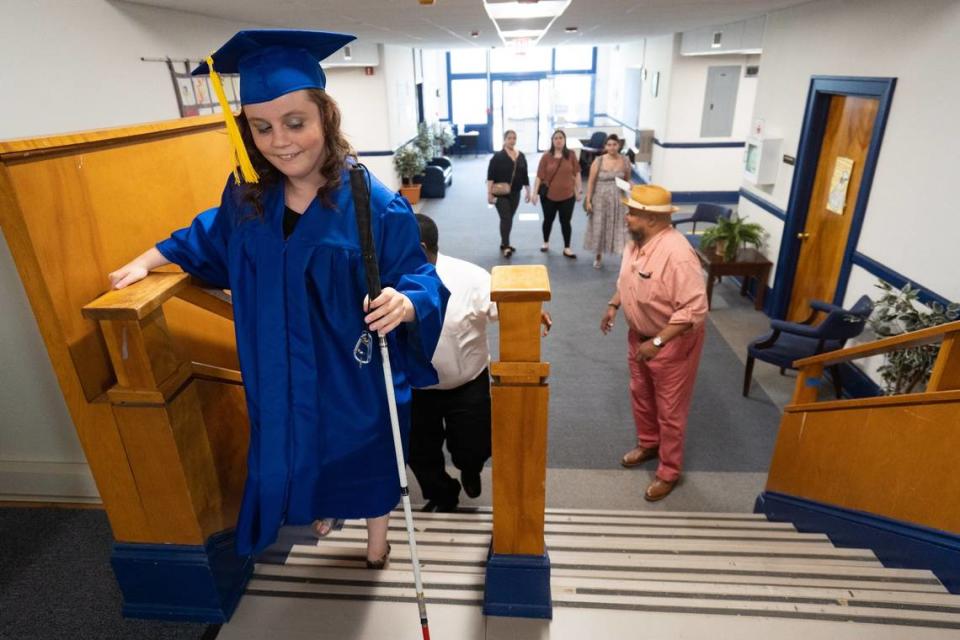Changes are coming to NC schools for deaf and blind students. See who will run them.
New groups are expected to take over running North Carolina’s three residential schools for students who are deaf and/or visually impaired.
The state Senate voted 40-4 on Friday to shift control of the Governor Morehead School for the Blind in Raleigh, the Eastern North Carolina School for the Deaf in Wilson and the North Carolina School for the Deaf in Morganton away from the State Board of Education.
Under the legislation, each school would be run by a newly created board of trustees. The trustees would have wide-ranging power, such as hiring the school’s director and setting admission criteria.
“It would establish an admission process for the schools for the deaf and blind that would allow both the parent or an LEA (local education agency) to refer a child to a residential school,” said Sen. Warren Daniel, a Burke County Republican. “Currently, only the LEAs can do that.”
Senate Bill 593 now goes to Gov. Roy Cooper, who isn’t expected to oppose the legislation. The bill has received bipartisan support, including being unanimously approved this week by the House.

New boards take over in 2023
Currently, the state board governs the three schools, including setting their admissions criteria. The state superintendent, through the N.C. Department of Public Instruction, administers the schools.
Under the legislation, each school would have a five-member board of trustees that would have powers like a local school board. Two members would be appointed by the Senate, two by the House and one by the governor.
The legislation would phase in the transition, with the new boards running the schools beginning in the 2023-24 school year.. After the switch, the state Department of Public Instruction would continue to support the schools but they’d be independent of the agency.
Daniel said the bill has the backing of the N.C. School Boards Association and DPI.

 Yahoo Movies
Yahoo Movies 
